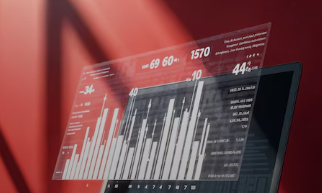Written by: Haim Ravia, Dotan Hammer
The United States District Court for the Southern District of New York, in the multidistrict litigation (MDL) against OpenAI, issued an order denying OpenAI’s motion to dismiss the claim of direct copyright infringement based on the outputs of its generative AI chatbot, ChatGPT.
The lawsuit consolidated multiple putative class actions brought by authors and copyright holders of fiction and non-fiction books against OpenAI and Microsoft. Plaintiffs alleged that OpenAI infringed their copyrights by using their works to train its Large Language Models (LLMs) and by creating infringing works in the outputs of ChatGPT.
OpenAI had moved to dismiss the lawsuit, arguing that the complaint failed to plausibly allege substantial similarity between the authors’ works and ChatGPT’s outputs.
The court found that the plaintiffs adequately satisfied the elements of a prima facie claim of infringement. Regarding the two required elements:
- Actual Copying: The complaint adequately alleged that OpenAI had access to the plaintiffs’ works, satisfying the first element.
- Substantial Similarity: Applying the “more discerning observer” test, the court determined that a reasonable jury could find that the outputs were substantially similar to the copyrighted works. Plaintiffs provided examples where ChatGPT generated accurate, detailed summaries of works (e.g., George R.R. Martin’s A Game of Thrones) and unauthorized, detailed outlines for potential sequels (e.g., A Dance with Shadows). The court held these outputs incorporated copyrightable elements, including plot, setting, and characters, conveying the overall tone and feel of the original works, thus making them similar to prohibited abridgments.
The court emphasized that while the prima facie claim was adequately stated, the court’s decision made no conclusions regarding the defense of fair use, noting that this determination is fact-sensitive and typically reserved for later stages of the litigation.
Click here to read the court’s decision in In Re: OpenAI, Inc. Copyright Infringement Litigation.



